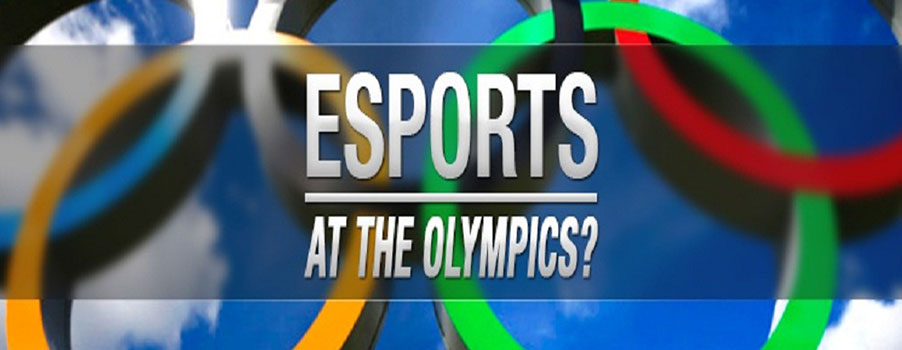This year’s Winter Olympics was graced by Esports or competitive video gaming is what is considered to be a warm-up of better things to come. Having been finally recognized as “real” sports by Olympic officials, Esports has its sights set on expanding more and eventually getting their own spot on the medal table.
The most recent debate on what the requirements pertaining to Esports relevance as part of the Olympics was rekindled by a gaming tournament of sorts that was held in PyongChang, which is also the venue of the ongoing Olympics. Professional video gamers who were brought in by Intel Corp, an Olympic sponsor, got the attention of everyone by playing Starcraft II. The game is known for being a real-time strategy game that demands tactical thinking, concentration, and even quick reflexes. While this may sound like the characteristics of any Olympic sport, the raging debate is about whether the rigorous requirements are sufficient to earn Esports a spot among other Olympic games.
A decent number of nations and the International Olympic Committee already recognize Esports as a “sporting activity” and thus it could go Olympic as early as 2024. Looking back at some of the key factors for its success outside all the Olympic buzz, Esports has certainly earned it;
It’s been with us for a while
Prior to the true beginning of Esports in 2000 when the Korea eSports Association (KeSPA) was created to promote and regulate Esports competitions, there were lots of video game competitions of varying scales. Remember Pac-man? Or Space Invaders? If anything is to make Esports Olympic-worthy, then, this is it.
It is a diverse and complete ecosystem
Today, Esports draws a flurry of different participants from all over the world just like regular physical sports. Other characteristics that make it such a worthy newcomer of the Olympics include the fact that it too has had its fair share of scandal. Controversies ranging from doping to abuse by Esports organizers are not completely unheard of in the Esports community. This is, of course, not something that we should be proud of but it does go a long way in proving the maturity of the Esports ecosystem as well as how serious the participants, stakeholders, and spectators are.

